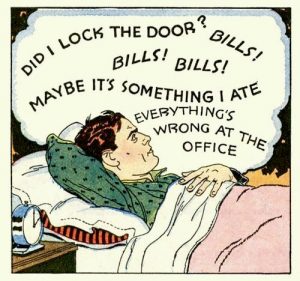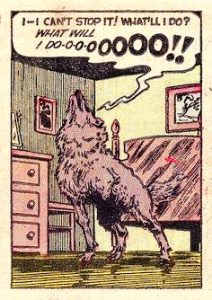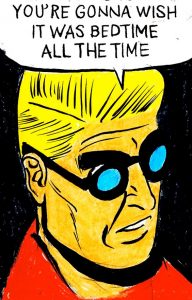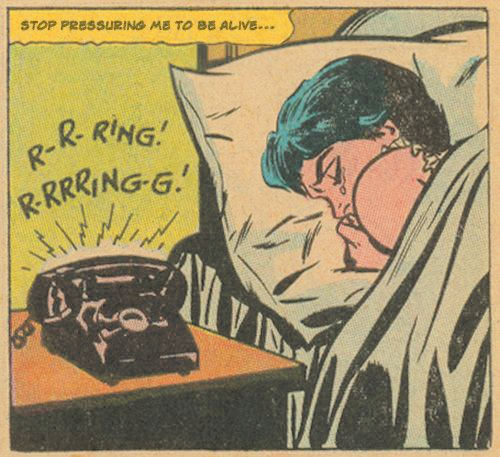Dark therapy – Mood Series.
This is the first in a series of posts that examine the correlation between poor sleep and emotional/psychological issues, from depression to anxiety to general grumpiness and irritability. Poor sleep can be contributing factors to these conditions, but also result from it. Consult with your doctor if you have the blues, and we’re sure better sleep will be an important part of the treatment.
 There’s an inextricable link between poor sleep and depression, and it’s sometimes very difficult to determine which came first.
There’s an inextricable link between poor sleep and depression, and it’s sometimes very difficult to determine which came first.
Generally speaking, researchers and scientists agree that clinical depression causes sleep disorders (from sleeping too much, to sleeping too little to interrupted sleep). And many also agree that while poor sleep does not necessarily CAUSE clinical depression, it can be a contributing factor, or a symptom of contributing factors.
It’s a complex web, and it’s possible that we may never understand the incredibly complex links between poor sleep and depression.
Having said that, there are a few things that we do know:
- Not being able to sleep is a key sign of clinical depression.
- At the same time, sleeping too much? Also a sign of clinical depression.
- Lack of sleep, whether caused by issues in your life, or a medical illness can worsen depression.
- One study indicated that people with depression are 10x more likely to have insomnia, which is a “double whammy” of sorts – you have insomnia due to depression, but the impact of that insomnia exacerbates the depression you’re suffering from.
- Another study found that those most likely to develop some form of clinical depression are those with two different type of insomnia: “sleep onset insomnia (difficulty falling asleep) and sleep maintenance insomnia (difficulty staying asleep).
- Another study found that people with depression are 5 times more likely to develop sleep related breathing disorders (like sleep apnea).
 The good news is that doctors have long been aware of this link, and that addressing poor sleep is a fundamental part of depression treatment, whether through pharmacology or therapy or a combination of the two. Also interesting, according to the National Sleep Foundation, in some cases, doctors have found that the effective treatment of sleep problems gives a person the “boost” that they need to effectively combat depression on their own.
The good news is that doctors have long been aware of this link, and that addressing poor sleep is a fundamental part of depression treatment, whether through pharmacology or therapy or a combination of the two. Also interesting, according to the National Sleep Foundation, in some cases, doctors have found that the effective treatment of sleep problems gives a person the “boost” that they need to effectively combat depression on their own.
Depression is a serious condition, and poor sleep is only one of its many serious side-effects. It can be a warning sign, a contributing factor or a symptom. So please, if you’re suffering from ongoing sleep issues, consult your doctor. It may just a sign that there’s something you should be losing sleep over, and trying to address.

The Nite Hood Sleep Mask can help to a certain degree. Blocking out light is key to melatonin production. Even a LED clock can disrupt this function. Melatonin is a cure-all for most of our body’s needs as it helps us repair and detox. Before drugs and other therapies make sure you are doing it right to begin with.
Make sure to balance your Dark Therapy with direct sunlight in your day time hours. 10 – 15 minutes will stimulate serotonin production as well as vitamin D production. Both are important for mood balance and a healthy immune system.


